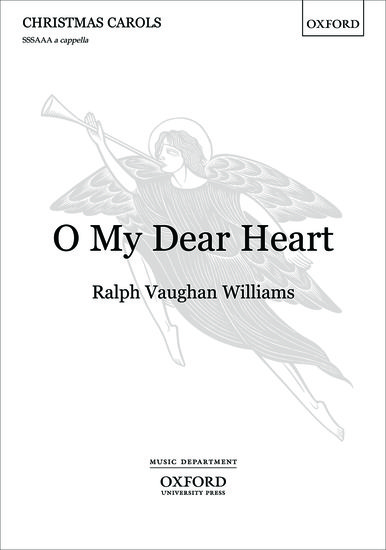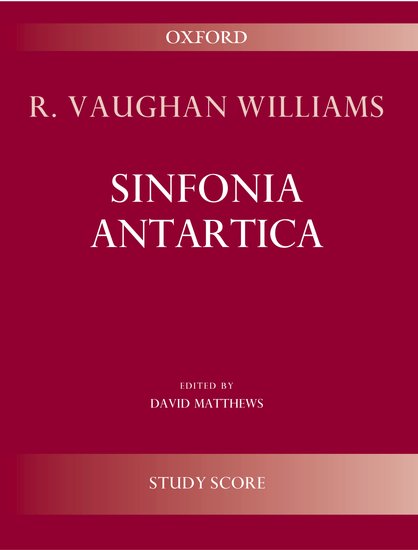Nicholas Bugsworthy: an unknown Tudor composer?
Simon Wright digs into the curious history of an almost forgotten Tudor composer, Nicholas Bugsworthy. Thanks to an insert in OUP’s in-house magazine, ‘The Dominant’, published on 1 April 1928, Sir Richard Runciman Terry was able to bring the music of this prolific composer into the public domain. Simon Wright picks up where Terry left off, considering, amongst other things, the origins of a curious tune almost certainly shows the earliest version of musical patterns later to become threaded within Irving Berlin’s 1911 hit ragtime song “Everybody’s Doin’ It Now.”














